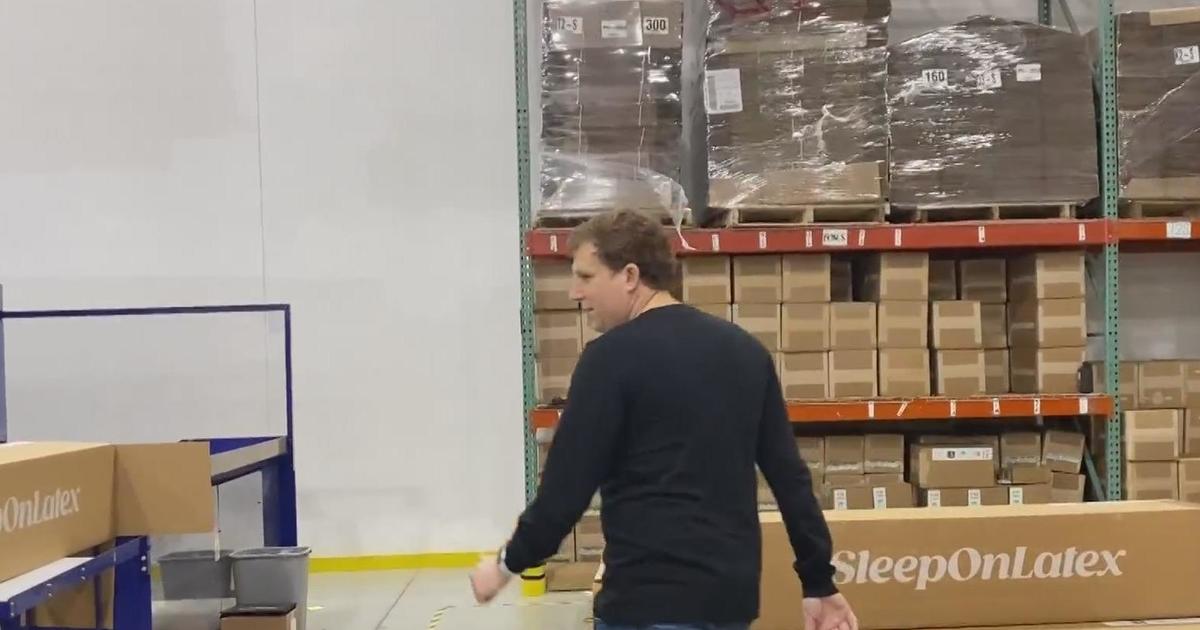Northwestern researchers using new device to teach pregnant women to perform their own ultrasounds
CHICAGO (CBS) -- Researchers at Northwestern Medicine are trying to combat complications during pregnancy in Chicago and around the world, but their solution doesn't involve years of training or fancy machines.
Morning Insider Lauren Victory shows us how soon-to-be moms are taking charge.
A happy reunion and a bundle of joy as Lauren Ratliff discussed baby number three with Dr. Amber Watters; the mom of Finnley and Blair recently went in for a check-up.
"Seeing the baby anytime that you're pregnant is just so miraculous," she said.
But this was not your average appointment. Ratliff performed the ultrasound herself.
"I was able to move up and down, see a lot of the baby, and it was quick and really easy," she said.
By simplifying sonograms, the hope is more women can get them, especially in parts of the world where trained healthcare workers are limited.
"In some low- and middle-income countries, we know that, for example, just differentiating a pregnancy inside the uterus from one outside the uterus is a really important early use of ultrasound," Watters said.
Conditions that could be life-threatening.
The self-ultrasound system Northwestern is studying puts the power in hands of pregnant women. They wand over their bellies and record videos that doctors – and eventually artificial intelligence – will be able to analyze for any health concerns.
"We really want to collect as many ultrasound images from as many different size, shape, color women and their babies as possible," Watters said.
A standard ultrasound machine can run tens of thousands of dollars, but researchers hope their new system will cost as little as $1,000, which is why Ratliff is one of hopefully 1,000 women participating in this Northwestern Medicine study.
"Access to healthcare is super important to me," she said. "I find it really empowering that my baby, before he's even born, is being able to impact medicine and the future of science."
It impacts mom's stress levels too, offering her an extra chance to check on her little man before he joins the family.




